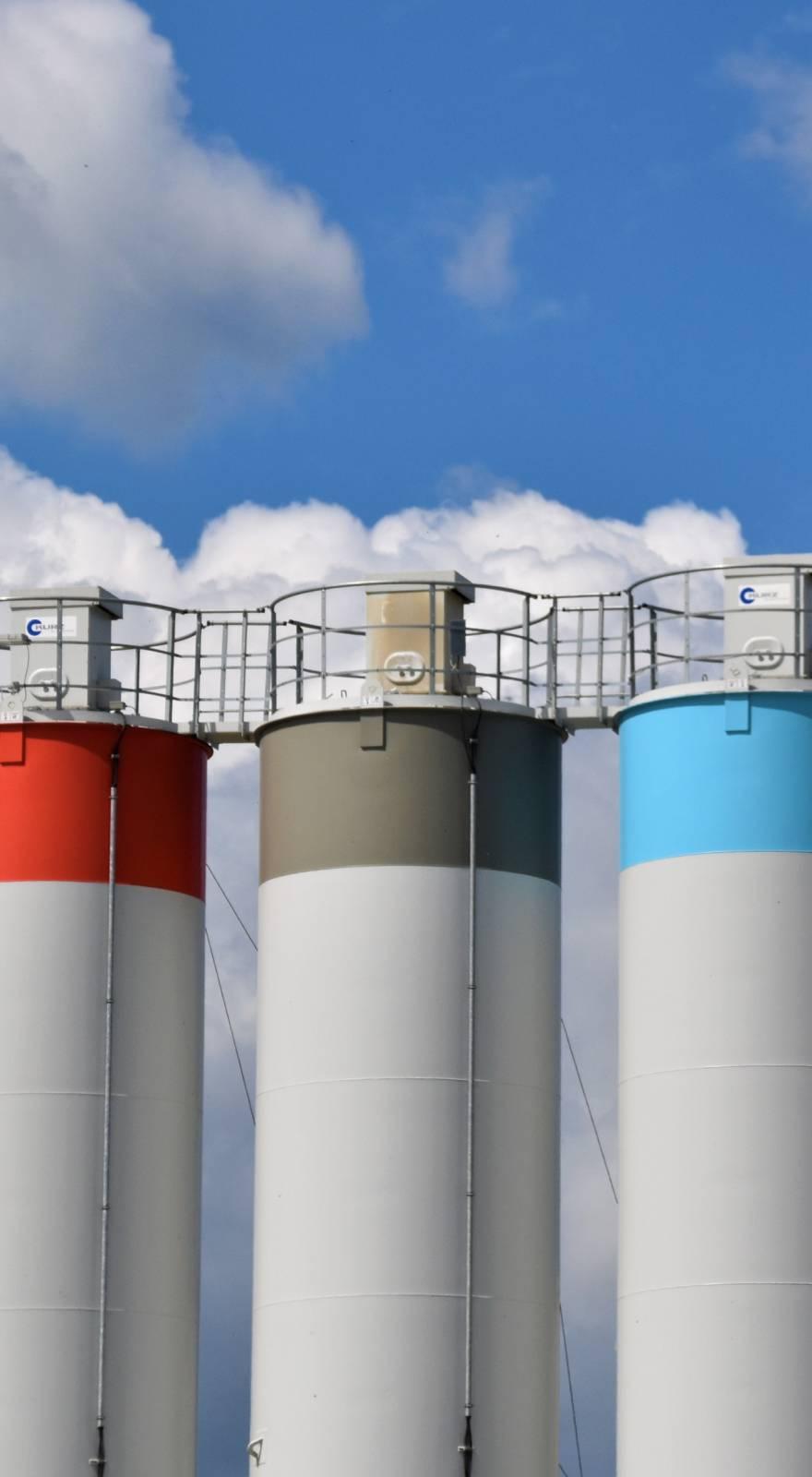Knowde Enhanced TDS
Identification & Functionality
- Chemical Family
- Chemical Name
- Base Chemicals Functions
- CAS No.
- 10101-41-4
- EC No.
- 600-148-1
- Technologies
Features & Benefits
- Natural Gypsum for Cement and Other Industries
Natural Gypsum is an indispensable component of Ordinary Portland Cement as it has a great influence on water consumption of standard consistence and strength simultaneously. During the cement manufacturing process, 4%-6% of Natural Gypsum (by weight) in crushed form is introduced during the final grinding process upon cooling of clinker. It plays an important role in controlling the rate of hardening or setting of cement. If not added, the cement will set immediately after mixing of water leaving no time for concrete placing. Over 60% of Natural Gypsum produced across the world is used in cement manufacturing. While plaster products and 8ypsum board accounts approximately 30% of all consumption and 10% use for various other applications like Fertilizer, Pharmaceuticals etc. Gypsum will remain the primary source of cement commodity for decades to come. There is presently no substitute for Gypsum in the production of cement. Ashapura has developed capabilities to produce and export Gypsum from Oman.
Applications & Uses
- Applications
- Applicable Processes
- Applications
- Cement Industry
- Gypsum Boards
- Gypsum blocks
- Plaster of paris
- Abinder in fast-dry tennis court clay
- As alabaster, a material for sculpture, it was used especially in the ancient world before steel was developed, when its relative softness made it much easier to carve.
- Soil/water potential monitoring (soil moisture)
- Surgical & Pottery
- Impression plasters in dentistry
- Tests have shown that gypsum can be used to remove pollutants such as Lead or Arsenic from contaminated waters.
Regulatory & Compliance
- Certifications & Compliance
Packaging & Availability
- Origin of the Product
Port of Loading- Salalah

